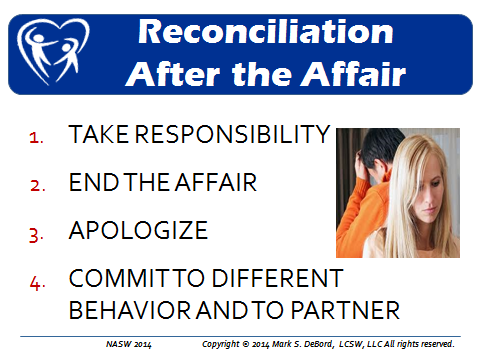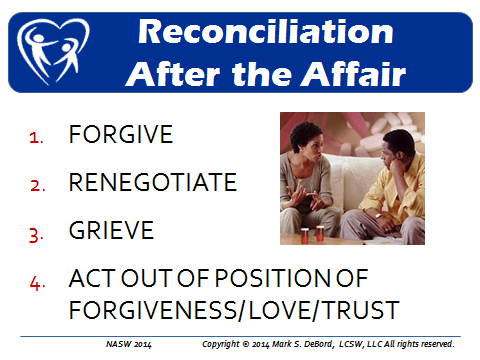“I believe in this work.
In diplomacy, if you don’t lay the right groundwork or say things in the right way,
Your message just doesn’t get through.
Wars have broken out over simple misunderstandings or lack of respect.”
When we consider our parenting, even our own spouse and other important relationships; keeping the big picture in mind is helpful as we communicate. First, it is important to believe and remember that we believe in the higher priority of the relationship – “Higher than what?”, you ask. – most anything! It is too easy to get caught up in our own world of concerns and forget to pay attention to what matters most. Maybe it is a minor infraction by our child and we angrily raise our voice – what is communicated is anger, disrespect, and disregard – what was intended was to address the infraction in love to minimize the likelihood of it happening again; thus, maintaining the relationship.
Laying the groundwork is an ongoing effort that includes spending quality time, conversating, expressing appreciation and value over time.
True, there is no perfectly right way to say a thing and one cannot be responsible for the way someone interprets the communique; but it is important to make an effort to be tactful, respectful and speak in a normal volume without “snacasm” (snarky and sarcastic), disgust or down-grading expressions. It is helpful to communicate your love and care as your primary intention as this is the foundation of the relationship – then ask for what you want realizing you cannot demand it – the other person, even a child, has a will of their own. If that will is broken, the relationship will be broken.
Don’t let a simple misunderstanding or lack of respect be the undoing of those things that are most important – relationships.
Note: There may be good reasons to break a particular relationship, even close family relationships; but we would do well to be the one that seeks to understand, who is respectful even when imposing boundaries such that we are not the main reason for someone to breakoff relationship with us.


 RSS Feed
RSS Feed
